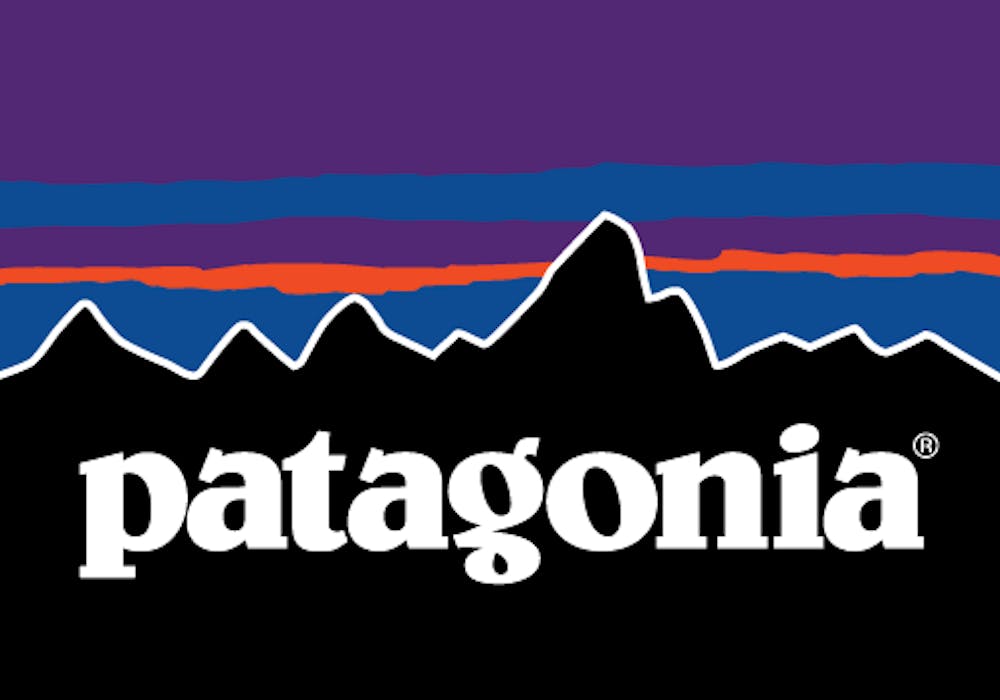Students from 10 top universities will gather together for the Patagonia Case Competition at the University of California-Berkeley’s Haas School of Business with one mission — to accelerate regenerative agricultural practices for food — on April 20-21, just before Earth Day.
The specific mission is to incentivize farmers to invest in regenerative agriculture, which aims to regenerate topsoil and enhance biodiversity. Regenerative agriculture usually takes several costly and uncertain years to develop. An additional challenge is communicating to consumers how regenerative agriculture works and understanding how much they are willing to pay.
Patagonia, Inc. is an American clothing company that sells and showcases mainly sustainable outdoor clothing. The Patagonia Provision project aims to provide food from regenerative agriculture practices.
The University team, named Hoos Green, is led by doctoral student Stephanie Roe from the Department of Environmental Sciences. Including Roe, Hoos Green is made up six graduate students — Darden graduate students David Baum, Jacob Lee, Bryan Shadron and Benjamin Strickland and Architecture graduate student Caroline Herre.
Shadron first researched the Patagonia Case competition, decided to form a multidisciplinary team and reached out to Roe and Herre from the Department of Environmental Sciences and Department of Architecture, respectively.
Although the Patagonia Case competition is largely business-oriented, diversity of team members is essential for the case competition. On the topic of sustainable agriculture, business insights are needed to consider the relationship between consumers and farmers, but environmental insights are also essential to provide a feasible case solution. Roe’s knowledge of agricultural issues provided scientific insights for the team.
“This competition is geared primarily towards MBA [students], but they do want an interdisciplinary team,” Roe said. “I think my expertise is quite well aligned to this prompt in this case because they are asking about issues that will affect climate change, that will affect soil carbon, that will affect agricultural yield. That’s something I can certainly speak to.”
Roe worked for seven years in the industry before coming to the University, which equipped her with a strong background in applied science and extensive experience with agriculture issues — especially climate change.
However, Roe said a team member studying agronomy would be beneficial because they would understand different properties of crops, and how specific crops grow, spread and reproduce.
“For example, are there new crops coming up with improved full carbon cover? Or are there other crops where you know [they] grow in a certain way so that it spreads and reproduces? Are there other crops that don’t take as much water?” Roe said.
Shadron also said business decisions made by the Patagonia company are characterized by environmental concerns.
“With Patagonia being such a mission-driven company to begin with, all their dispositions are made around environmental concerns, their environmental missions,” Shadron said.
Hoos Green will deliver a 10 minute presentation based on their submitted proposal on regenerative organics, followed by a question and answer session. The top three winners will be invited to visit Patagonia headquarters and discuss their solutions with Patagonia employees.
Patagonia will have the opportunity to generate more innovative ideas based on these proposals, Roe said, even though there is no guarantee Patagonia will take suggestions from the submitted proposals.
“If you have a team made up of MBA [students], a scientist and a group of other people ... [if] you had 70 different proposals … That’s a lot of people thinking about your problem, and that’s an incredible opportunity for Patagonia to generate innovative ideas,” Roe said.







